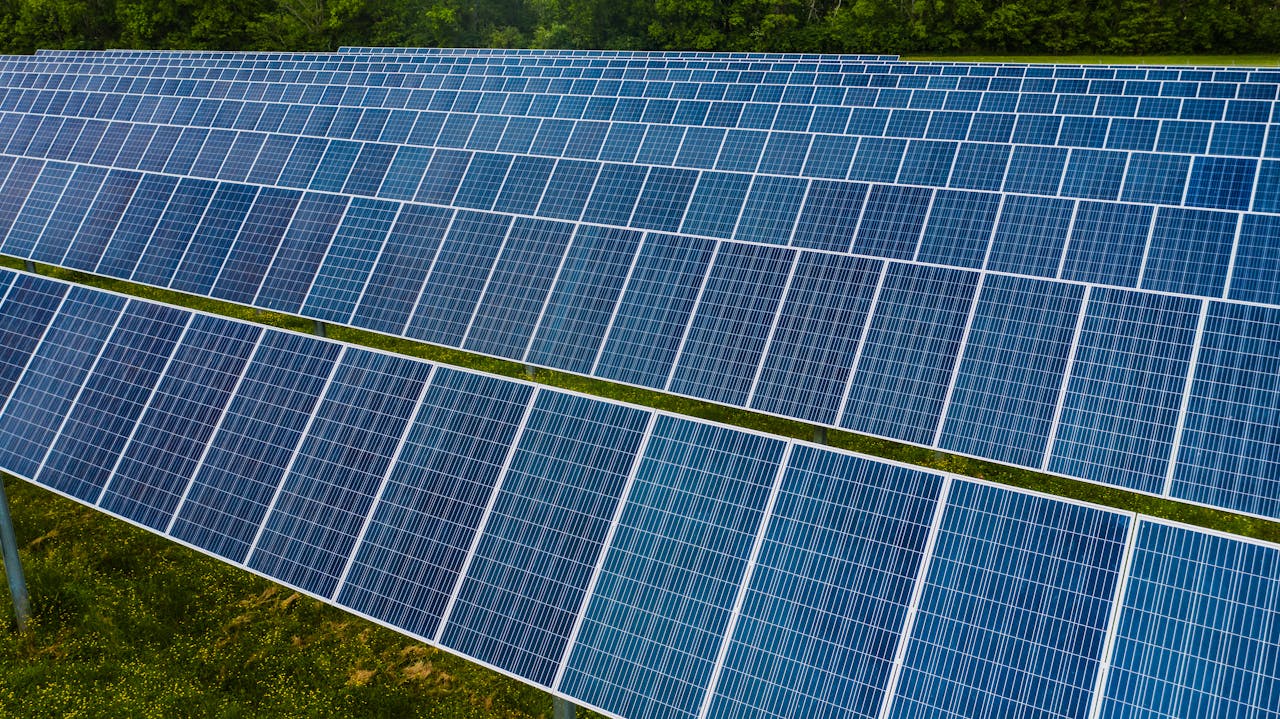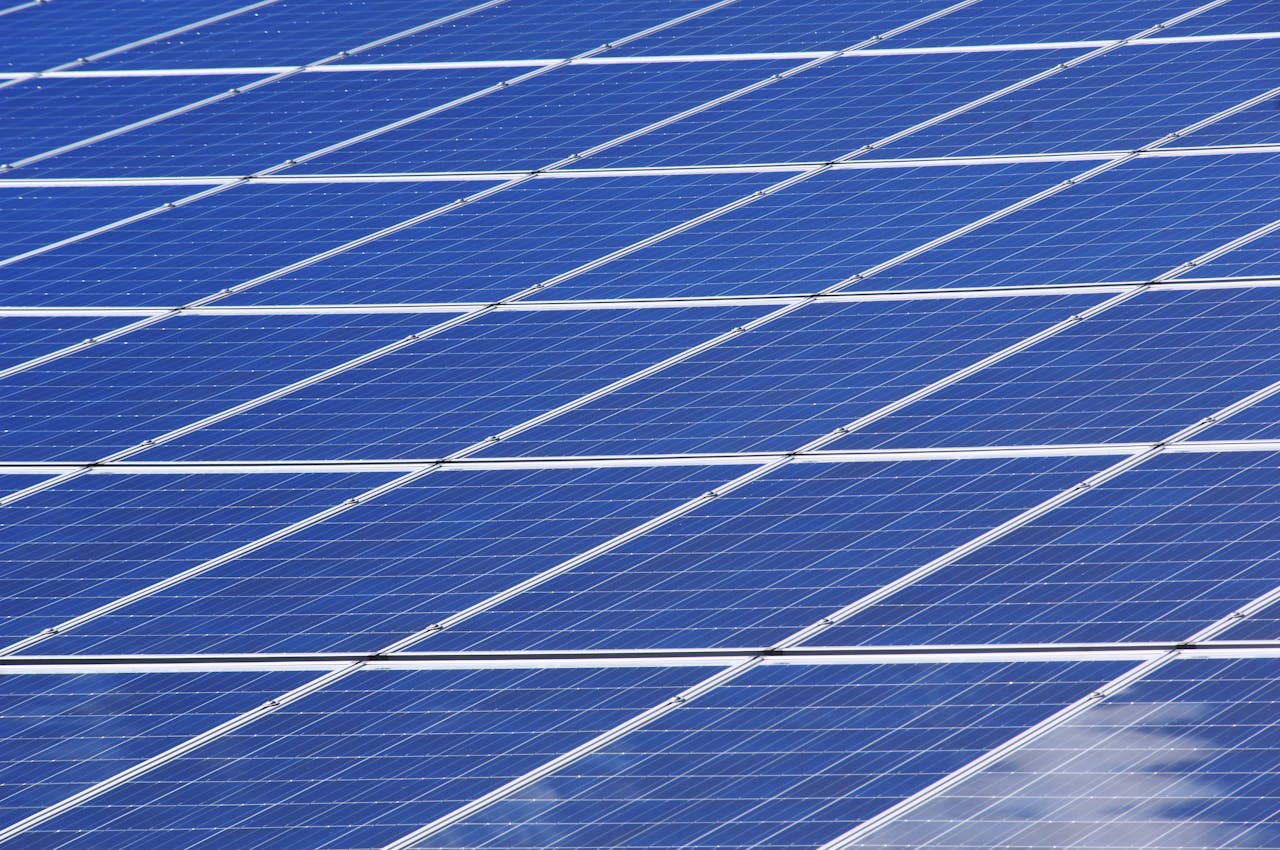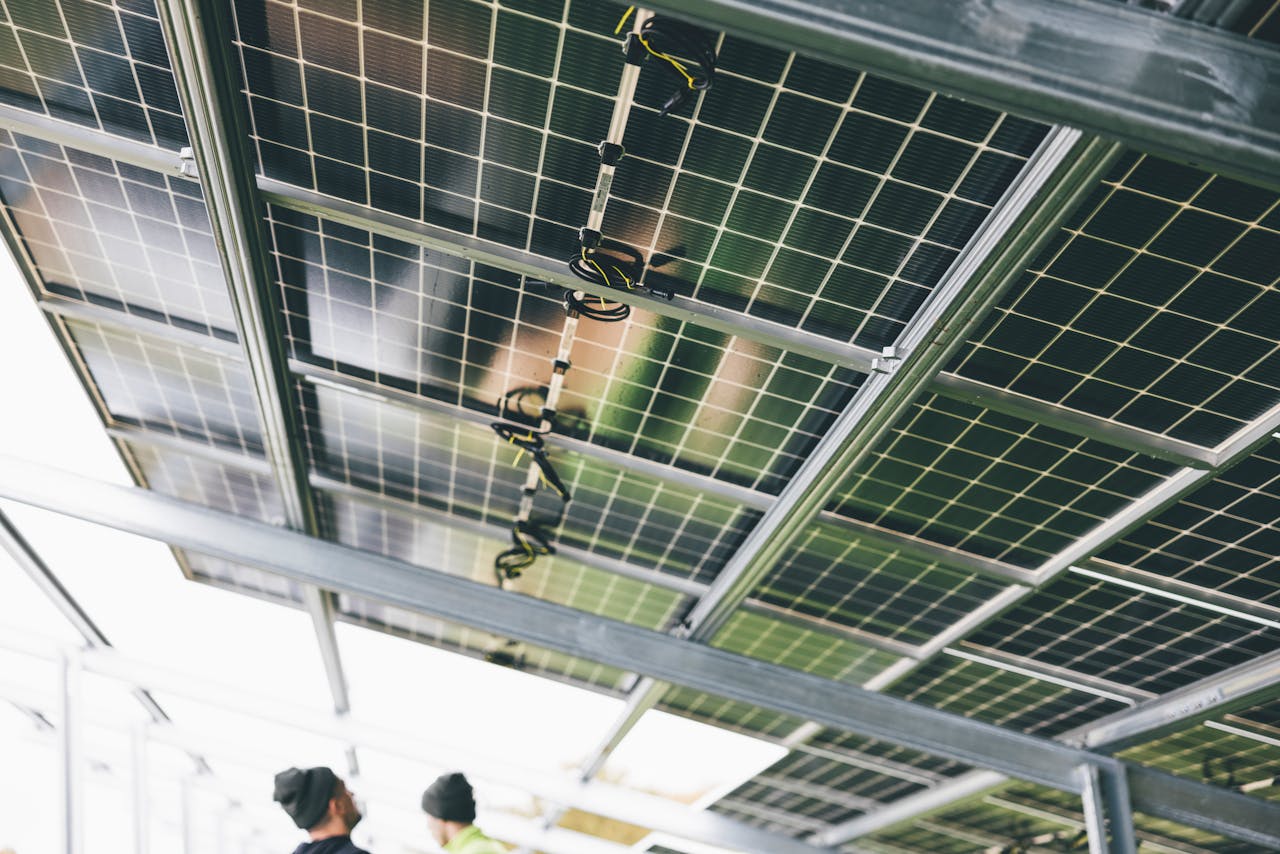Pakistan, a country with one of the highest potentials for solar energy in the world, stands at a critical juncture. With long hours of sunshine and vast arid lands, the country is primed to harness solar power to meet its burgeoning energy needs. This blog delves into how solar energy could become a cornerstone of Pakistan’s energy strategy.
Vast Solar Resources
Research indicates that regions like Balochistan can receive up to 3,000 hours of sunshine per year, making them ideal for photovoltaic (PV) systems. The country’s overall solar power potential is around 1,600,000 MW, a staggering figure that could significantly offset current energy shortages.
| Province | Average Solar Insolation (kWh/m²/day) |
|---|---|
| Balochistan | 5.5 |
| Sindh | 5.7 |
| Punjab | 5.3 |
| Khyber Pakhtunkhwa | 5.1 |
Current Usage and Projects
Despite the potential, solar energy currently contributes minimally to the national grid. Major projects like the Quaid-e-Azam Solar Park in Bahawalpur, which is already operational with a capacity of 400 MW, illustrate the untapped potential of solar energy in Pakistan.
Challenges to Expansion
- Financial Constraints: Initial setup costs for solar infrastructure are substantial, though decreasing globally.
- Regulatory Hurdles: Inconsistent policies and bureaucratic delays often hinder project approvals and implementation.
- Technical Issues: Integration of variable solar energy into the national grid poses challenges in energy storage and grid stability.
Government Initiatives and Future Prospects
Policy Framework
The Alternative Renewable Energy Policy 2019 outlines ambitious goals for renewable energy, aiming for a 30% share in the national energy mix by 2030. The policy also facilitates private investment and simplifies the bureaucratic process.
Innovative Projects
Innovations such as floating solar panels on water reservoirs are underway. These projects not only generate power but also reduce water evaporation, thus serving dual environmental benefits.
| Project Name | Location | Capacity (MW) | Expected Completion |
|---|---|---|---|
| Scatec Solar Project | Sindh | 150 | 2023 |
| Roshan Power Solar | Kasur, Punjab | 10 | 2024 |
| K-Electric Solar Solution | Karachi | 50 | 2025 |
Solar energy in Pakistan is not just an alternative but a necessity given the environmental and economic benefits it offers. As global energy markets shift towards sustainability, Pakistan’s solar sector could play a pivotal role in shaping a greener, more resilient energy future.
Policymakers and stakeholders must continue to foster an environment that reduces barriers and supports large-scale adoption of solar technology. As individuals, advocating for and supporting sustainable practices will be key to accelerating the transition to renewable energy.
This exploration shows that with strategic initiatives and supportive policies, Pakistan can effectively meet a significant portion of its energy demands through solar power, proving that a sunny future is not just possible, but imminent.


